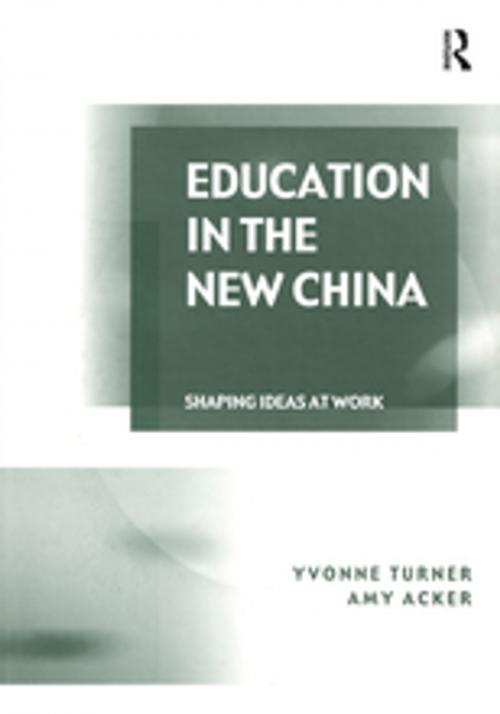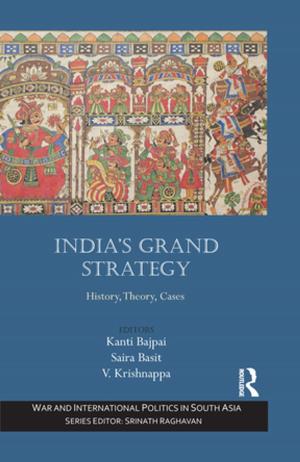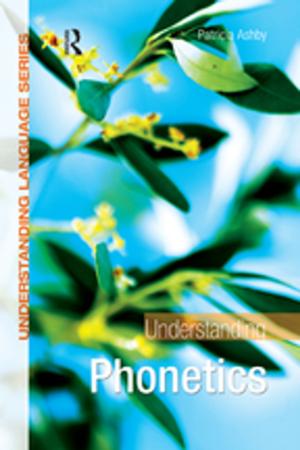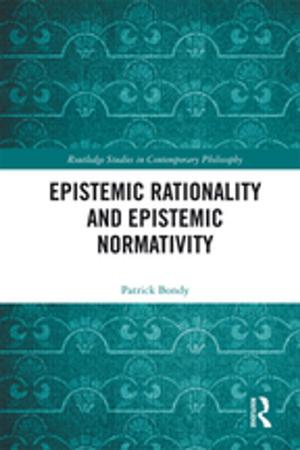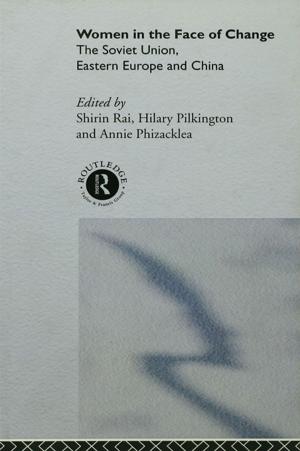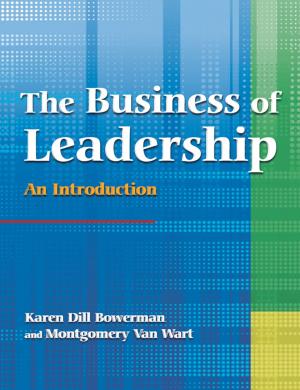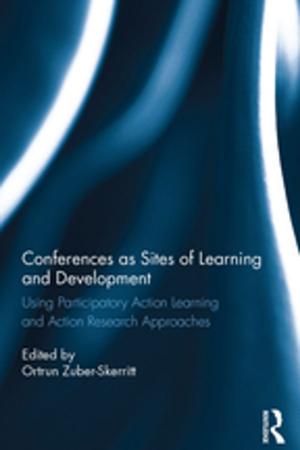Education in the New China
Shaping Ideas at Work
Nonfiction, History, Asian, China, Reference & Language, Education & Teaching| Author: | Yvonne Turner, Amy Acker | ISBN: | 9781351941532 |
| Publisher: | Taylor and Francis | Publication: | July 5, 2017 |
| Imprint: | Routledge | Language: | English |
| Author: | Yvonne Turner, Amy Acker |
| ISBN: | 9781351941532 |
| Publisher: | Taylor and Francis |
| Publication: | July 5, 2017 |
| Imprint: | Routledge |
| Language: | English |
The effects of the de-regulation of the Chinese university system have been nothing short of spectacular. For the first time since 1949, students possessing neither gifted intellect nor political connections have been able to share in the benefits of higher education, while a flood of international educators have opened up a previously cloistered and politically sensitized academic world. This fascinating book examines China’s higher education system, and how it’s new and unique blend of foreign and Chinese perspectives impact on both the lives of students and academics and wider Chinese society. Viewed with suspicion as a new type of Chinese by the older generation and by the government, they are at the same time the very entrepreneurs driving the economic and social revolution sweeping the country. Using a range of in-depth interviews and unique research, it provides open and often frank accounts of life, work and education in China, from the Cultural Revolution to the creation of its market-focused entrepreneurial generation. Candid and illuminating, this is a book no serious reader of Asian studies, comparative education or Asian sociology will want to be without.
The effects of the de-regulation of the Chinese university system have been nothing short of spectacular. For the first time since 1949, students possessing neither gifted intellect nor political connections have been able to share in the benefits of higher education, while a flood of international educators have opened up a previously cloistered and politically sensitized academic world. This fascinating book examines China’s higher education system, and how it’s new and unique blend of foreign and Chinese perspectives impact on both the lives of students and academics and wider Chinese society. Viewed with suspicion as a new type of Chinese by the older generation and by the government, they are at the same time the very entrepreneurs driving the economic and social revolution sweeping the country. Using a range of in-depth interviews and unique research, it provides open and often frank accounts of life, work and education in China, from the Cultural Revolution to the creation of its market-focused entrepreneurial generation. Candid and illuminating, this is a book no serious reader of Asian studies, comparative education or Asian sociology will want to be without.
